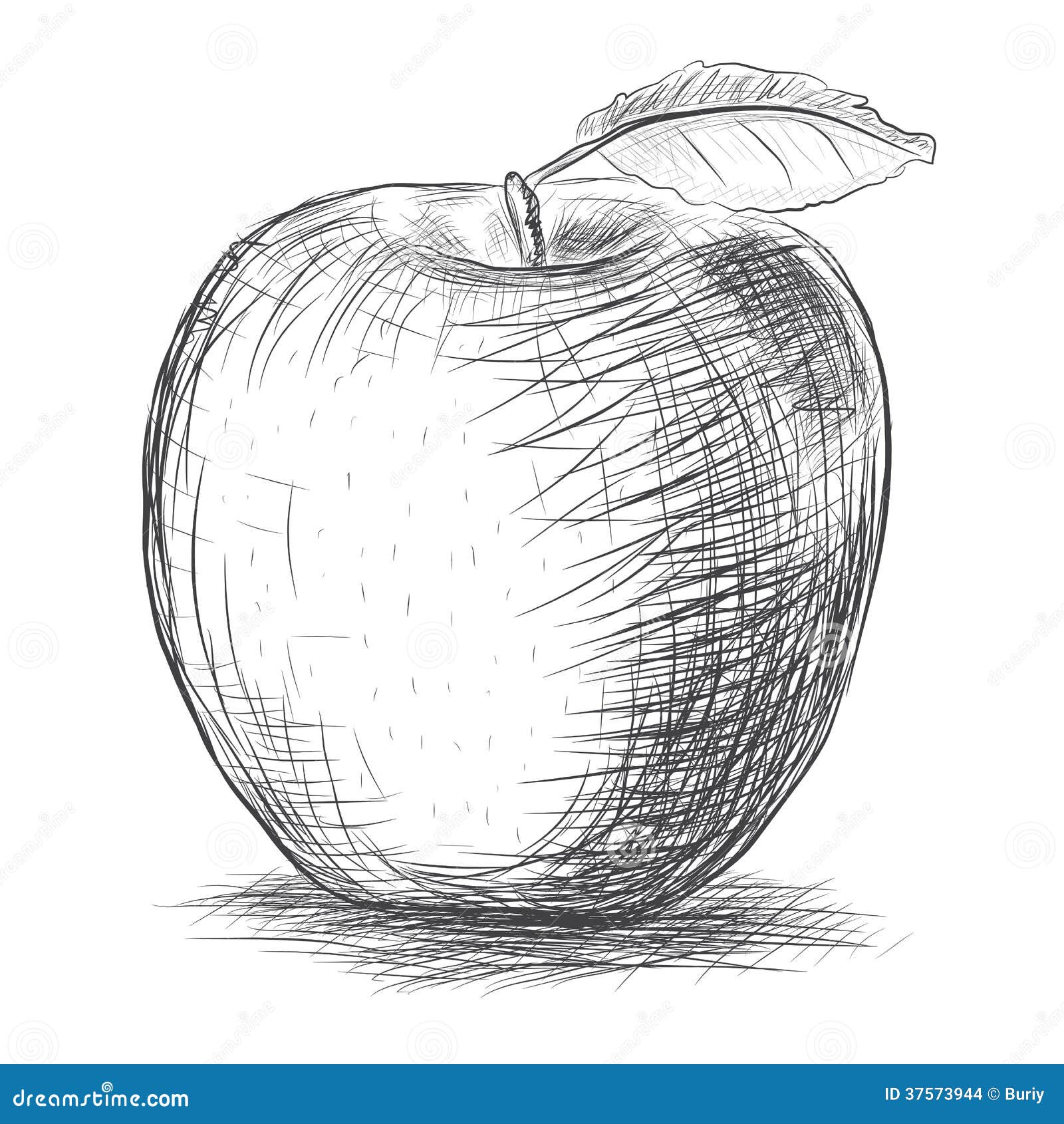

In his art, Wyeth's favorite subjects were the land and people around him, both in his hometown of Chadds Ford, Pennsylvania, and at his summer home in Cushing, Maine. Īndrew Newell Wyeth (/ˈwaɪ.ɛθ/ WY-eth J– January 16, 2009) was a visual artist, primarily a realist painter, working predominantly in a regionalist style. Bush, the first artist to receive the award. He was awarded the Presidential Medal of Freedom in 1963 and later received the Congressional Gold Medal in 1990 from President George H.W.

Wyeth also went on to receive many honors. Nonetheless, exhibitions of his art, which were shown internationally, often brought in record numbers of museum visitors. Wyeth became famed for the quality of realism and detail found in his art, often creating moody pastorals, while also being blasted by some critics for his lack of avant-garde cred. Many of Wyeth's subjects were neighbors and locales in his surrounding area, as he generally kept close to home. Other works among scores included "Trodden Weed" (1951), "Up in the Studio" (1965 featuring his sister Carolyn), "French Twist" (1967), "The Clearing" (1979) and "The Carry" (2003). He became known for both vivid landscapes and portraiture, sometimes fusing the two. Wyeth garnered major acclaim with his 1948 piece, "Christina's World," showcasing a friend of Betsey's who had been stricken with polio making her way across a field without a wheelchair.


 0 kommentar(er)
0 kommentar(er)
